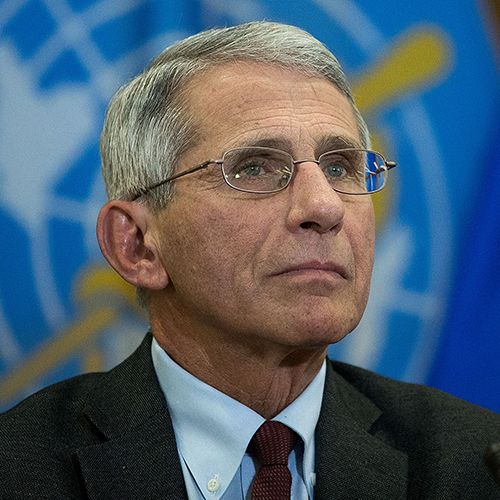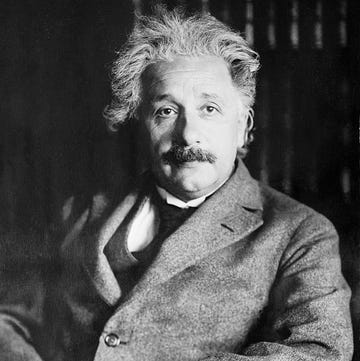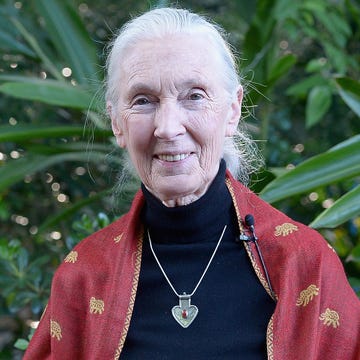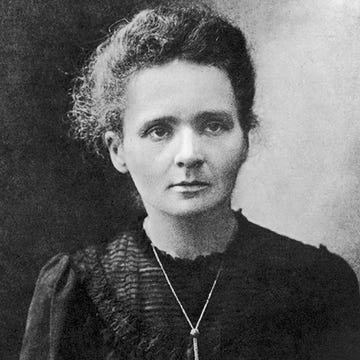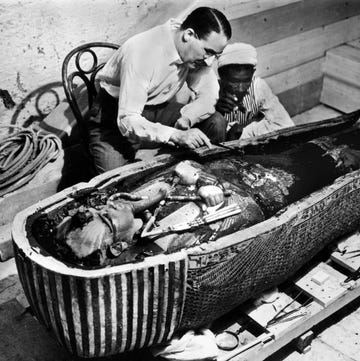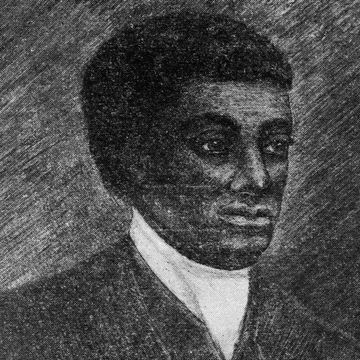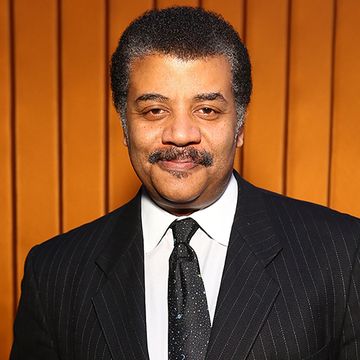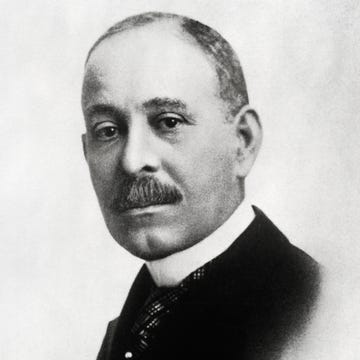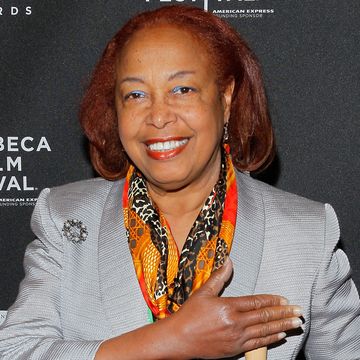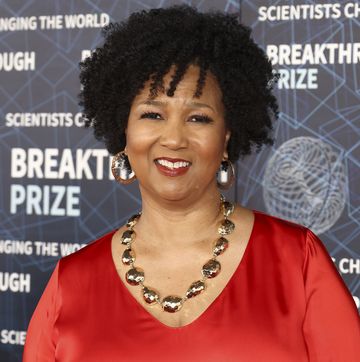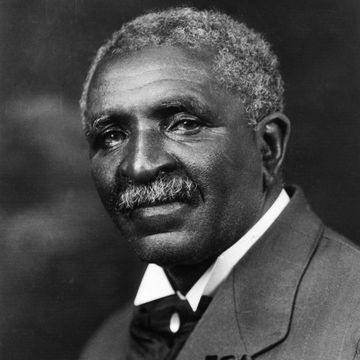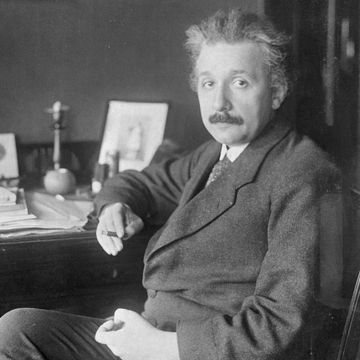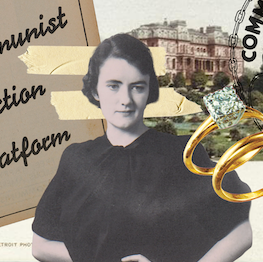(1940-)
Who Is Anthony Fauci?
Dr. Anthony Fauci attended Cornell Medical College before beginning his long career at National Institute of Allergy and Infectious Diseases (NIAID) in 1968. After taking over as NIAID director in 1984, he became known for his groundbreaking work in HIV-AIDS research, helping to develop effective drugs to scale back the once-outsized mortality rate. Fauci later led U.S. government efforts to combat outbreaks of the West Nile virus, SARS and Ebola, before returning to the spotlight in 2020 with the coronavirus pandemic.
Early Years and Education
Anthony Stephen Fauci was born on December 24, 1940, in Brooklyn, New York, the second child of first-generation Italian American parents Eugenia and Stephen. A sports nut, he spent his days playing baseball, basketball and football, when not busy working the cash register or making deliveries for his father's pharmacy.
Fauci attended Regis High School in Manhattan, where he served as captain of the basketball team, before turning his focus to premed studies at the College of the Holy Cross in Worcester, Massachusetts. After graduating first in his class from New York City's Cornell Medical College in 1966, he completed his internship and residency at New York Hospital-Cornell Medical Center.
Early Career to NIAID Director
Fauci began his long career at the National Institutes of Health's National Institute of Allergy and Infectious Diseases in 1968, his tenure interrupted only by a stint as chief resident at the New York Hospital-Cornell Medical Center from 1970-71.
A senior investigator in the Laboratory of Clinical Investigation, he began carving out a reputation for his groundbreaking research in the field of immunoregulation and developed successful drug regimens for formerly fatal illnesses such as polyarteritis nodosa, granulomatosis with polyangiitis and lymphomatoid granulomatosis.
Fauci's successes fueled his professional ascent to chief of the Laboratory of Immunoregulation in 1980, and then director of the NIAID under President Ronald Reagan in 1984.
HIV-AIDS Research
With HIV-AIDS then primarily known for its devastation within the gay community, the new NIAID director faced the dual task of persuading the administration to take the crisis seriously and convincing activists that he was not at fault for perceived government inaction.
Fauci successfully lobbied for an increase in AIDS research funding and forged alliances with activists by allowing access to experimental drugs even as they were being tested in clinical trials. Most crucially, he developed an understanding of how HIV attacks the human defense system, sparking the creation of effective medications to give HIV-positive patients the opportunity to live long, active lives.
Even after he nominally ceded leadership with the formation of the Office of AIDS Research in 1994, Fauci remained prominently involved in the battle by helping George W. Bush develop the President's Emergency Plan for AIDS Relief, which focused on combatting the disease in Africa and other parts of the developing world upon its launch in 2003.
West Nile Virus, Ebola and Other Diseases
Following his experiences as the government face of AIDS research, Fauci reappeared for the public health threats that marked successive administrations, including the West Nile virus under President Bill Clinton; the anthrax scare and SARS under Bush; and the swine flu pandemic under Barack Obama.
He also demonstrated an empathetic human touch when Ebola surfaced in 2014, famously hugging an American nurse who had recovered from the disease before traveling to the heart of the outbreak in Liberia for large-scale clinical trials of vaccines.
Coronavirus, CDC and President Trump
In January 2020, as reports of the novel coronavirus emerged from China, Fauci quickly assembled his research team to get to work on a vaccine. Within weeks, as COVID-19 began leaving a trail of casualties across other countries, he worked with colleagues at the Centers for Disease Control to prepare the American public for what was soon recognized as a major global pandemic.
Fauci became a fixture at news briefings alongside President Donald Trump, at times rebutting or tamping down the overly optimistic pronouncements. When Trump said the anti-malaria drug hydroxychloroquine could be a "game-changer" in mid-March, Fauci rejected that assertion as "anecdotal." And when the president declared shortly afterward that the country could reopen by Easter, Fauci was among the influential voices who convinced him to scrap that timeline.
The doctor's calm but no-nonsense assessments propelled him to celebrity as the country endured an unprecedented shutdown, though it also led to death threats from extremists who felt he was undermining the president's authority. His position also occasionally placed him at odds with other members of the administration, including when he rejected Secretary of State Mike Pompeo's assertion that the virus originated in a Chinese lab.
Delivering a remote testimony to the Senate Health, Education, Labor and Pensions Committee in May, Fauci warned that reopening the country too quickly could lead to "suffering and death that could be avoided." He also got into a pointed exchange with Kentucky Senator Rand Paul, who noted that others were also qualified to make decisions about whether it was safe to send children back to school. "I have never made myself out to be the end-all and only voice in this," Fauci said, adding, "We don't know everything about this virus. And we really better be very careful, particularly when it comes to children."
Awards and Honors
Fauci has earned many of the most prestigious awards available to a person in his field, including the Presidential Medal of Freedom, the National Medal of Science and the Mary Woodard Lasker Award for Public Service. In 2019, he was among the inaugural class inducted into the Government Hall of Fame.
Fauci also has been awarded 45 honorary doctoral degrees from universities around the world and is a member of such organizations as the National Academy of Sciences, the National Academy of Medicine, the American Academy of Arts and Sciences and the American Philosophical Society.
Wife Christine Grady and Family
Fauci met Christine Grady, now chief of the Department of Bioethics at the NIH Clinical Center, when she was a young nurse at the NIH and her future husband needed her help to translate for a Portuguese-speaking patient. They were married in 1985 and have three daughters, Jennifer, Megan and Alison.
Personal Interests
Fauci, who lives in Washington, D.C., developed a reputation around the capital for his grueling 16-hour workdays and seven-mile lunchtime runs, though he admitted to toning the latter down to around 3 1/2 miles once the coronavirus outbreak hit.
The doctor is said to enjoy fishing, tennis, cooking and art in his limited free time.
QUICK FACTS
- Birth Year: 1940
- Birth date: December 24, 1940
- Birth State: New York
- Birth City: Brooklyn
- Birth Country: United States
- Gender: Male
- Best Known For: Dr. Anthony Fauci has served as Director of the National Institute of Allergy and Infectious Diseases since 1984. He's become a prominent leader during the novel coronavirus pandemic.
- Astrological Sign: Capricorn
- Interesting Facts
- The 1992 play "The Destiny of Me," by AIDS activist Larry Kramer, features the Fauci-inspired character of Dr. Anthony Della Vida.
Fact Check
We strive for accuracy and fairness.If you see something that doesn't look right,contact us!
CITATION INFORMATION
- Article Title: Anthony Fauci Biography
- Author: Biography.com Editors
- Website Name: The Biography.com website
- Url: https://www.biography.com/scientists/anthony-fauci
- Access Date:
- Publisher: A&E; Television Networks
- Last Updated: May 12, 2020
- Original Published Date: April 3, 2020
QUOTES
- You should never destroy your own credibility. And you don't want to go to war with a president. But you got to walk the fine balance of making sure you continue to tell the truth.
